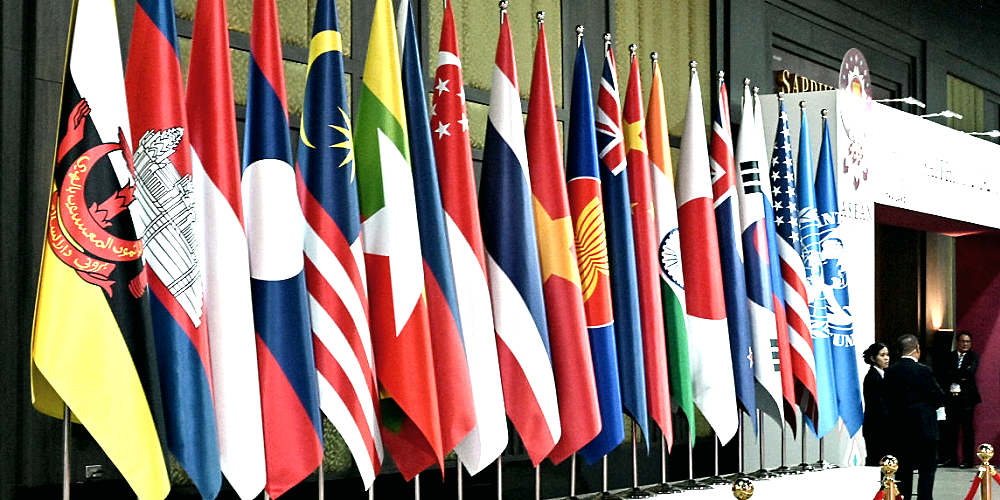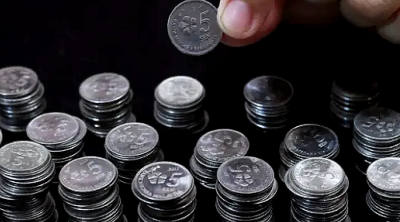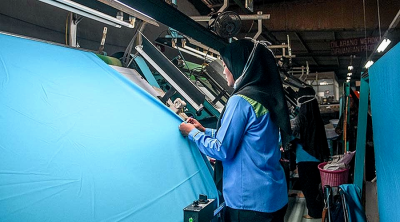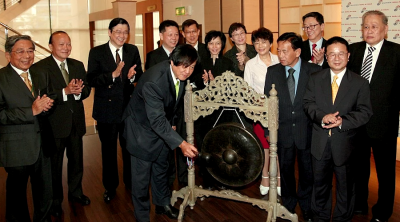
It’s often said that good fences make good neighbours, but in the case of the Philippines, the fence is the deep blue sea, one it has the misfortune of sharing with China and a handful of other claimants.
While the archipelago’s location has its unique advantages, its distance from the rest of Southeast Asia extends beyond geography.
Be it in trade, religion, culture, or diplomacy, an unspoken rift looms between Filipinos and their closest neighbours despite similar skin tones and shared ancestries.
Once, the Philippines was described in a Lonely Planet guide as “Southeast Asia’s odd child.”
It doesn’t help that the regional grouping that links our societies and economies together, the Association of Southeast Asian Nations (ASEAN), is stubbornly hands-off on matters concerning its 10 member states, even the ones in deep crisis, like Myanmar.
Fruitful, honest discussion
On Wednesday, the arrival in Manila of Indonesian President Joko Widodo served as a reminder to Filipinos of the untapped potential of our membership in ASEAN and the imperative for this small community of nations to truly come together as one bloc.
During their bilateral meeting in Malacañang, President Marcos and Widodo engaged in a “fruitful and honest discussion” on “regional events of mutual interest such as the developments in South China Sea and ASEAN cooperation and initiative.”
Beyond carefully crafted statements, however, there were scant details on their conversation.
What was quite telling was that the two leaders chose not to broach the long-delayed code of conduct for the South China Sea, leaving such an important subject to their ministers.
“On the South China Sea, Indonesia is ready to work together with all ASEAN member states including the Philippines to finalise the Code of Conduct as soon as possible,” Indonesia’s Foreign Minister Retno Marsudi told a joint press conference on Jan. 9.
Non-claimant state
For years, the ASEAN bloc and China have sought to negotiate a framework of rules for maritime disputes in the South China Sea, over which Beijing stakes its historical nine-dash-line claim (now with a 10th dash) that cuts into the exclusive economic zones (EEZ) of Brunei, Indonesia, Malaysia, the Philippines, and Vietnam.
But the slow progress of talks has prompted Mr. Marcos to reach out to countries like Vietnam and Malaysia to try to work out independent arrangements for their own codes.
In 2016, an international arbitral tribunal in The Hague, the Netherlands, voided most of China’s claims and upheld the Philippines’ sovereign rights to fish and explore resources within its EEZ, a decision Beijing has rejected.
Indonesia has stayed above the fray, insisting it is a “non-claimant state,” despite Jakarta’s own clashes with Beijing over fishing rights around Natuna Island, which lies at the southern end of the South China Sea.
Invoked Hague ruling
In fact, in January 2020, Indonesia invoked China’s defeat in The Hague ruling, the first ASEAN state to do so, as it protested the presence of a China Coast Guard (CCG) vessel off the coast of Natuna.
But that was an exceptional case, and the Philippines, led at the time by President Rodrigo Duterte, who refused to assert the arbitral award, had failed to capitalise on what could have been the start of a united front against Beijing.
For the most part, Indonesia and other ASEAN members have avoided any expression of support for the Philippines in its sea skirmishes with China.
Nary a peep was heard from our neighbours when the CCG blasted water cannons at Philippine supply boats in Ayungin and Panatag shoals, or when its vessel rammed into our ships within our EEZ waters last year.
Instead, the condemnations came from our allies across the oceans, including our defence treaty partner, the United States, as well as Australia, Japan, the United Kingdom, and members of the European Union.
These, of course, are nations that can afford to cross Beijing in the pursuit of their own interests, especially the US, China’s lone rival in the region, whereas ASEAN members don’t have quite the same gravitas, some of them economically indebted to the Chinese.
Formidable force
Still, it would be a grave mistake for the Philippines to focus only on its Western allies and waste the chance to enrich its ties and pursue trade, defence, and cultural partnerships with Indonesia and the rest of ASEAN despite their sometimes diverging interests.
ASEAN is—or can be—a formidable force.
With a combined population of over 670 million and a gross domestic product of about $3.6 trillion in 2022, the bloc is Asia’s third-largest economy and fifth-largest in the world, according to the Hong Kong Trade Development Council.
But its insistence on the so-called ASEAN way—consensus-building and non-interventionist—reduces its global influence, preventing a unified approach to challenges confronting its members, including tensions in the South China Sea.
Such neutrality benefits only China and its close allies within ASEAN.
ADVERTISEMENT
ADVERTISEMENT








































